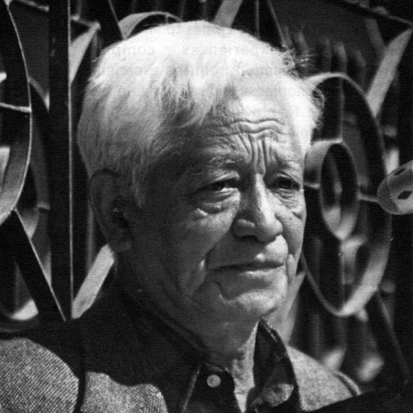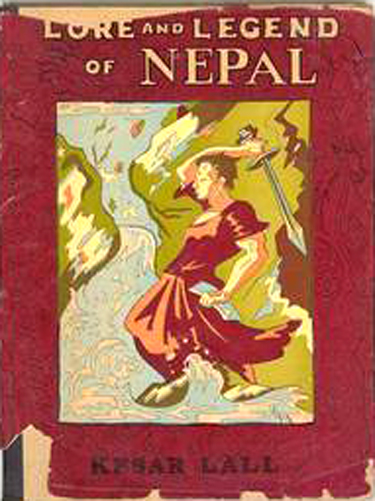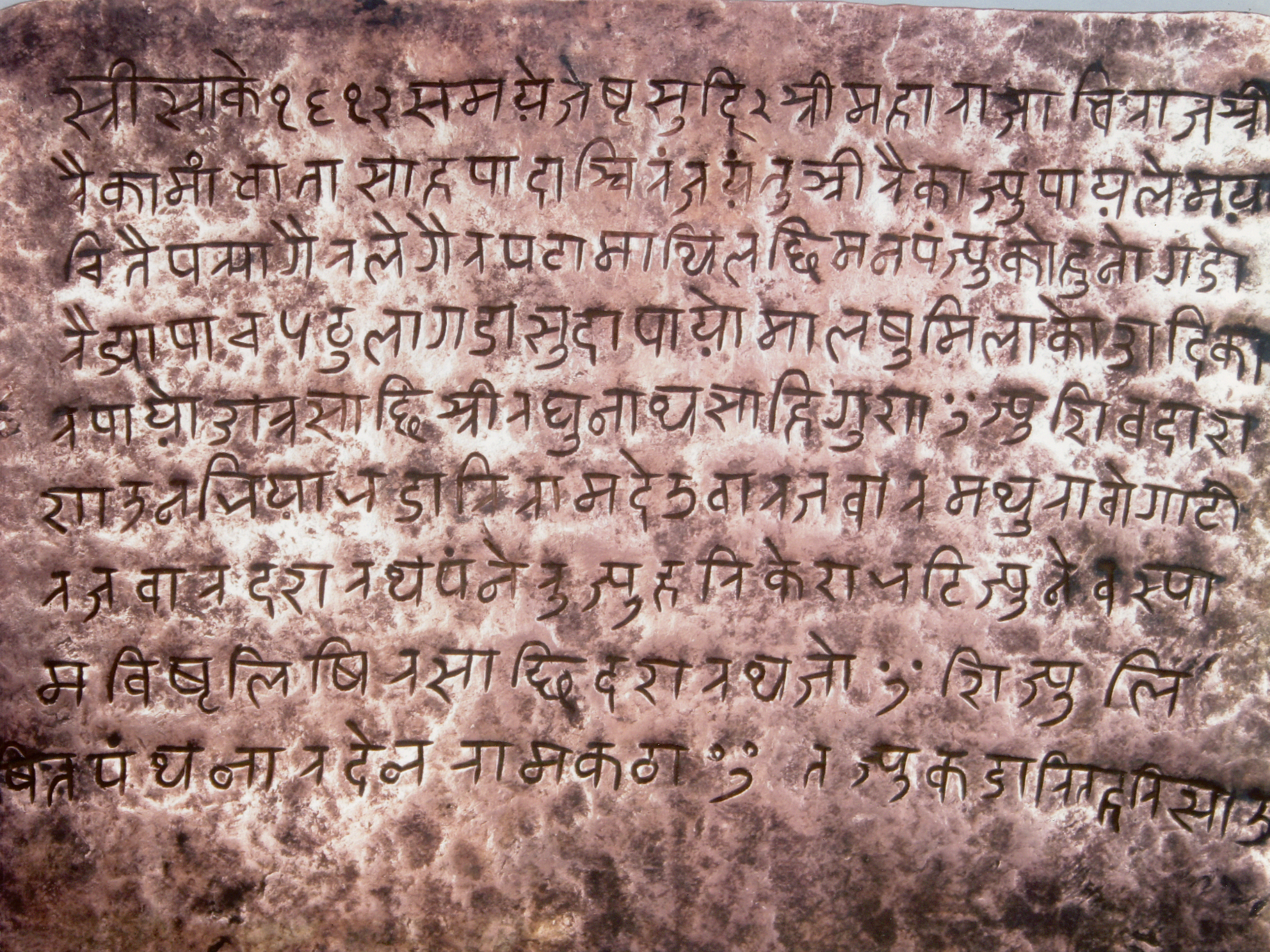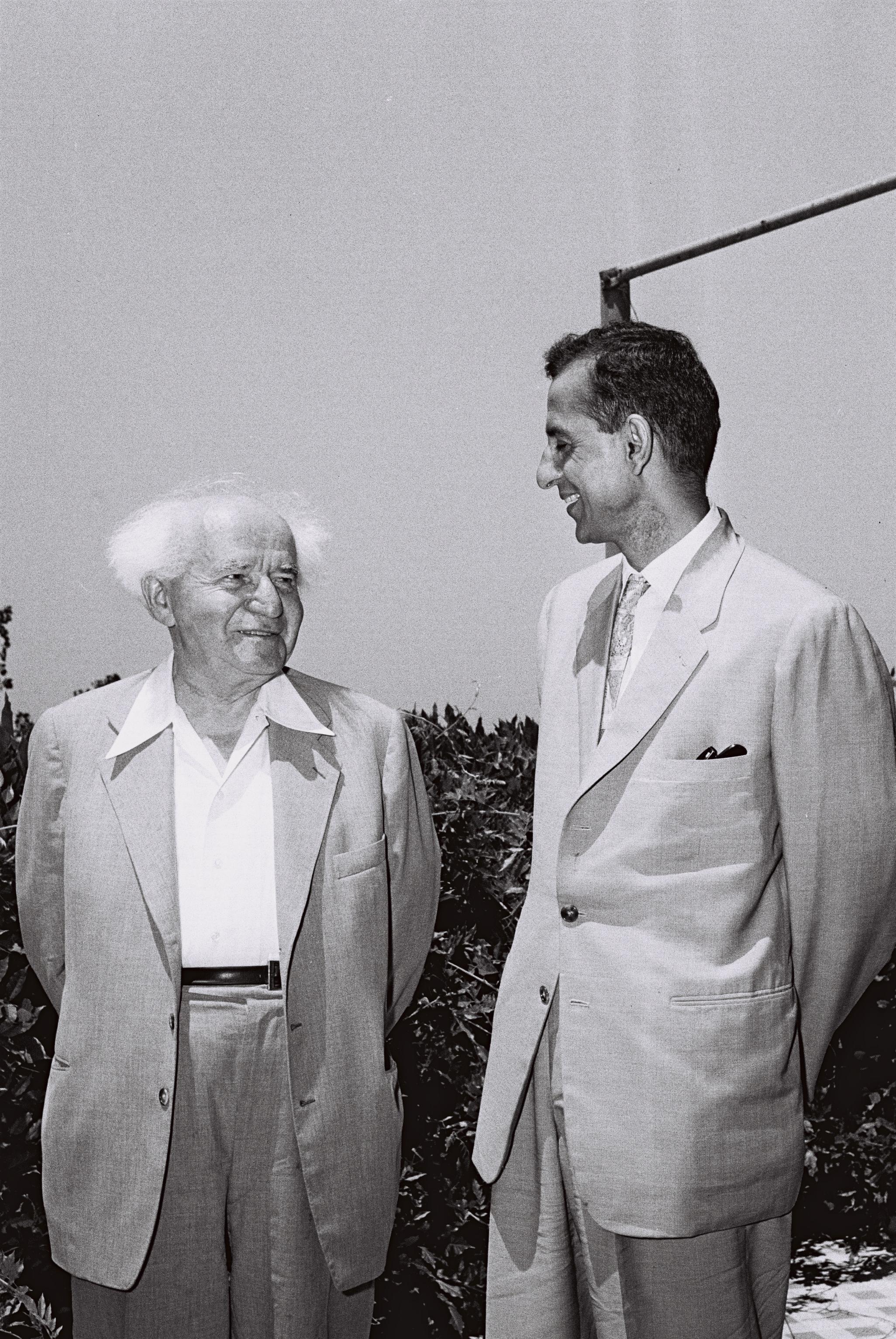|
Kesar Lall
Kesar Lall ( ne, केसर लाल; 15 July 1926 – 26 December 2012) (alternative name: Kesar Lall Shrestha) was a Nepalese folklorist and writer. He has published more than 50 books of stories and poetry. He wrote in Nepali language, Nepali, Nepal Bhasa and English. Early life Kesar Lall was born in Kathmandu to father Jagat Lal and mother Bal Kumari Shrestha. His father ran a school at his home in Māsan Galli (मासं गल्लि), and was popularly known as Jagat Lal Master. This was one of the few places that provided a modern education in Nepal in those days as the Rana dynasty, Rana government discouraged the establishment of schools. Kesar Lall received no formal schooling. He learnt English from his father and taught himself to write composition by studying varied text books. Writing career Kesar Lall began his writing career in 1945 by writing articles in English for Indian magazines. In 1953, he published his first story entitled ''Bhutucha'' ("Short ... [...More Info...] [...Related Items...] OR: [Wikipedia] [Google] [Baidu] |
Jagat Lal Master
Jagat Lal Master ( ne, जगतलाल मास्टर) (1902 – 19 January 1967) (alternative name: Jagat Lal Shrestha) was a Nepalese educator and writer. He advocated the teaching of English and ran a school at his home, risking state censure during the time of the autocratic Rana regime. Jagat Lal also wrote textbooks and children's stories in Nepal Bhasa. Jagat Lal was born in Kathmandu. His father and mother were Shyam Krishna and Ratna Maya Shrestha. He was taught by the renowned educator and visionary Jagat Sundar Malla, who emphasized the teaching of English language in the mother tongue Nepal Bhasa. Jagat Lal was the father of folklorist and author Kesar Lall. Teacher Jagat Lal ran a school at his home in Māsan Galli (मासं गल्लि) in central Kathmandu. As a teacher, people began calling him Jagat Lal Master. In the 1930s, his school was one of the few places of learning available to the public as the Rana regime did not want ordinary citizen ... [...More Info...] [...Related Items...] OR: [Wikipedia] [Google] [Baidu] |
Kesar Lall
Kesar Lall ( ne, केसर लाल; 15 July 1926 – 26 December 2012) (alternative name: Kesar Lall Shrestha) was a Nepalese folklorist and writer. He has published more than 50 books of stories and poetry. He wrote in Nepali language, Nepali, Nepal Bhasa and English. Early life Kesar Lall was born in Kathmandu to father Jagat Lal and mother Bal Kumari Shrestha. His father ran a school at his home in Māsan Galli (मासं गल्लि), and was popularly known as Jagat Lal Master. This was one of the few places that provided a modern education in Nepal in those days as the Rana dynasty, Rana government discouraged the establishment of schools. Kesar Lall received no formal schooling. He learnt English from his father and taught himself to write composition by studying varied text books. Writing career Kesar Lall began his writing career in 1945 by writing articles in English for Indian magazines. In 1953, he published his first story entitled ''Bhutucha'' ("Short ... [...More Info...] [...Related Items...] OR: [Wikipedia] [Google] [Baidu] |
1926 Births
Events January * January 3 – Theodoros Pangalos (general), Theodoros Pangalos declares himself dictator in Greece. * January 8 **Abdul-Aziz ibn Saud is crowned King of Kingdom of Hejaz, Hejaz. ** Bảo Đại, Crown Prince Nguyễn Phúc Vĩnh Thuy ascends the throne, the last monarch of Vietnam. * January 12 – Freeman Gosden and Charles Correll premiere their radio program ''Sam 'n' Henry'', in which the two white performers portray two black characters from Harlem looking to strike it rich in the big city (it is a precursor to Gosden and Correll's more popular later program, ''Amos 'n' Andy''). * January 16 – A BBC comic radio play broadcast by Ronald Knox, about a workers' revolution, causes a panic in London. * January 21 – The Belgian Parliament accepts the Locarno Treaties. * January 26 – Scottish inventor John Logie Baird demonstrates a mechanical television system at his London laboratory for members of the Royal Institution and a report ... [...More Info...] [...Related Items...] OR: [Wikipedia] [Google] [Baidu] |
Folklorists
Folklore studies, less often known as folkloristics, and occasionally tradition studies or folk life studies in the United Kingdom, is the branch of anthropology devoted to the study of folklore. This term, along with its synonyms, gained currency in the 1950s to distinguish the academic study of traditional culture from the folklore artifacts themselves. It became established as a field across both Europe and North America, coordinating with ''Volkskunde'' (German), ''folkeminner'' (Norwegian), and ''folkminnen'' (Swedish), among others. Overview The importance of folklore and folklore studies was recognized globally in 1982 in the UNESCO document "Recommendation on the Safeguarding of Traditional Culture and Folklore". UNESCO again in 2003 published a Convention for the Safeguarding of the Intangible Cultural Heritage. Parallel to these global statements, the American Folklife Preservation Act (P.L. 94-201), passed by the United States Congress in conjunction with the Bicenten ... [...More Info...] [...Related Items...] OR: [Wikipedia] [Google] [Baidu] |
Nepali-language Writers
Nepali (; , ) is an Indo-Aryan language native to the Himalayas region of South Asia. It is the official, and most widely spoken, language of Nepal, where it also serves as a ''lingua franca''. Nepali has official status in the Indian state of Sikkim and in the Gorkhaland Territorial Administration of West Bengal. It is spoken by about a quarter of Bhutan's population. Nepali also has a significant number of speakers in the states of Arunachal Pradesh, Assam, Himachal Pradesh, Manipur, Meghalaya, Mizoram and Uttarakhand. In Myanmar it is spoken by the Burmese Gurkhas. The Nepali diaspora in the Middle East, Brunei, Australia and worldwide also use the language. Nepali is spoken by approximately 16 million native speakers and another 9 million as a second language. Nepali is commonly classified within the Eastern Pahari group of the Northern zone of Indo-Aryan. The language originated from the Sinja Valley, Karnali Province then the capital city of the Khasa Kingdom around ... [...More Info...] [...Related Items...] OR: [Wikipedia] [Google] [Baidu] |
Nepalese Male Poets
Nepali or Nepalese may refer to : Concerning Nepal * Anything of, from, or related to Nepal * Nepali people, citizens of Nepal * Nepali language, an Indo-Aryan language found in Nepal, the current official national language and a language spoken in India * Nepal Bhasa, a Sino-Tibetan language found in Nepal, formerly the official national language * Nepalese literature * Nepalese cuisine * Nepalese culture * Nepali cinema * Nepali music Other uses * ''Nepali'' (film), a 2008 Indian Tamil-language film See also * Nepal (other) * * * Languages of Nepal * Nepal Nepal (; ne, नेपाल ), formerly the Federal Democratic Republic of Nepal ( ne, सङ्घीय लोकतान्त्रिक गणतन्त्र नेपाल ), is a landlocked country in South Asia. It is mai ... is a south Asian country with a population of nearly 30 million. {{disambiguation Language and nationality disambiguation pages ... [...More Info...] [...Related Items...] OR: [Wikipedia] [Google] [Baidu] |
People From Kathmandu
A person ( : people) is a being that has certain capacities or attributes such as reason, morality, consciousness or self-consciousness, and being a part of a culturally established form of social relations such as kinship, ownership of property, or legal responsibility. The defining features of personhood and, consequently, what makes a person count as a person, differ widely among cultures and contexts. In addition to the question of personhood, of what makes a being count as a person to begin with, there are further questions about personal identity and self: both about what makes any particular person that particular person instead of another, and about what makes a person at one time the same person as they were or will be at another time despite any intervening changes. The plural form "people" is often used to refer to an entire nation or ethnic group (as in "a people"), and this was the original meaning of the word; it subsequently acquired its use as a plural form of ... [...More Info...] [...Related Items...] OR: [Wikipedia] [Google] [Baidu] |
2012 Deaths
This is a list of deaths of notable people, organised by year. New deaths articles are added to their respective month (e.g., Deaths in ) and then linked here. 2022 2021 2020 2019 2018 2017 2016 2015 2014 2013 2012 2011 2010 2009 2008 2007 2006 2005 2004 2003 2002 2001 2000 1999 1998 1997 1996 1995 1994 1993 1992 1991 1990 1989 1988 1987 See also * Lists of deaths by day The following pages, corresponding to the Gregorian calendar, list the historical events, births, deaths, and holidays and observances of the specified day of the year: Footnotes See also * Leap year * List of calendars * List of non-standard ... * Deaths by year {{DEFAULTSORT:deaths by year ... [...More Info...] [...Related Items...] OR: [Wikipedia] [Google] [Baidu] |
Bishweshwar Prasad Koirala
Bishweshwar Prasad Koirala ( ne, विश्वेश्वरप्रसाद कोइराला; 8 September 1914 – 21 July 1982), (Nepali: 1971 B.S. Bhadra 24 - 2039 B.S Shrawan 6)better known as B. P. Koirala ( ne, बीपी कोइराला), was a Nepali revolutionary, political leader and writer. He was the Prime Minister of Nepal from 1959 to 1960. He led the Nepali Congress, a social democratic political party. He was the grandfather of Bollywood actress Manisha Koirala and older brother of former prime minister Girija Prasad Koirala and younger brother of former prime minister Matrika Prasad Koirala. Koirala was the first democratically elected and 22nd Prime Minister of Nepal. He held the office for 18 months before being deposed and imprisoned at the instruction of King Mahendra. The rest of his life was spent largely in prison or exile and in steadily deteriorating health. Widely regarded as one of the greatest political personalities of Nepa ... [...More Info...] [...Related Items...] OR: [Wikipedia] [Google] [Baidu] |
Kesar Lore 1961
''Kesar'' ( saffron) is an Indian television serial that aired on Star Plus from 19 April 2004 to 31 May 2007. The story follows the life of a young girl named Kesar. The series was supposed to go on air as ''Karvachauth'' on Zee TV. However, as things didn't work out between the channel and production house, it was later granted permission by Star Plus and it went on air as ''Kesar''. Plot Kesar ( Nandini Singh) is a traditional Punjabi girl living with her large extended family in a village. She gets an offer of marriage from the wealthy Maliya family, living in a big city. Kesar marries Rudra (Nikhil Arya), the son of the Maliyas. She tries her best to cope with the sophisticated urban lifestyle of her new family. But soon she finds herself trapped in a web of deceit. It is revealed that Rudra and his mother Pam have conspired against the innocent Kesar for the sake of some valuable inheritance. Kesar's life goes through a great deal of turmoil. She finds support from Rudra's ... [...More Info...] [...Related Items...] OR: [Wikipedia] [Google] [Baidu] |






_1938.jpg)
